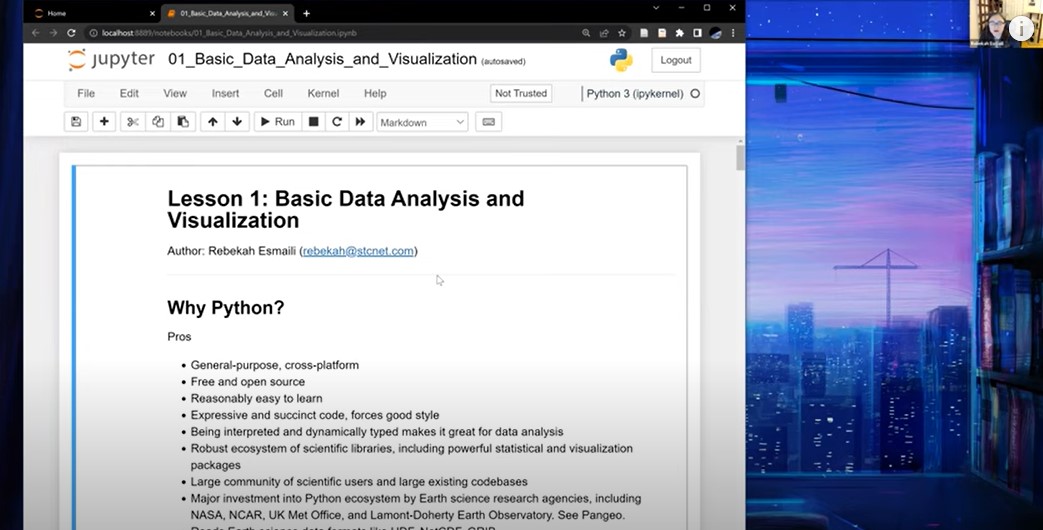
ESSIC Hosts Python Workshop
Earlier this month, Earth Systems Science Interdisciplinary Center (ESSIC) held a virtual workshop on Python hosted by Rebekah Esmaili from Science and Technology Corp (STC).

Earlier this month, Earth Systems Science Interdisciplinary Center (ESSIC) held a virtual workshop on Python hosted by Rebekah Esmaili from Science and Technology Corp (STC).
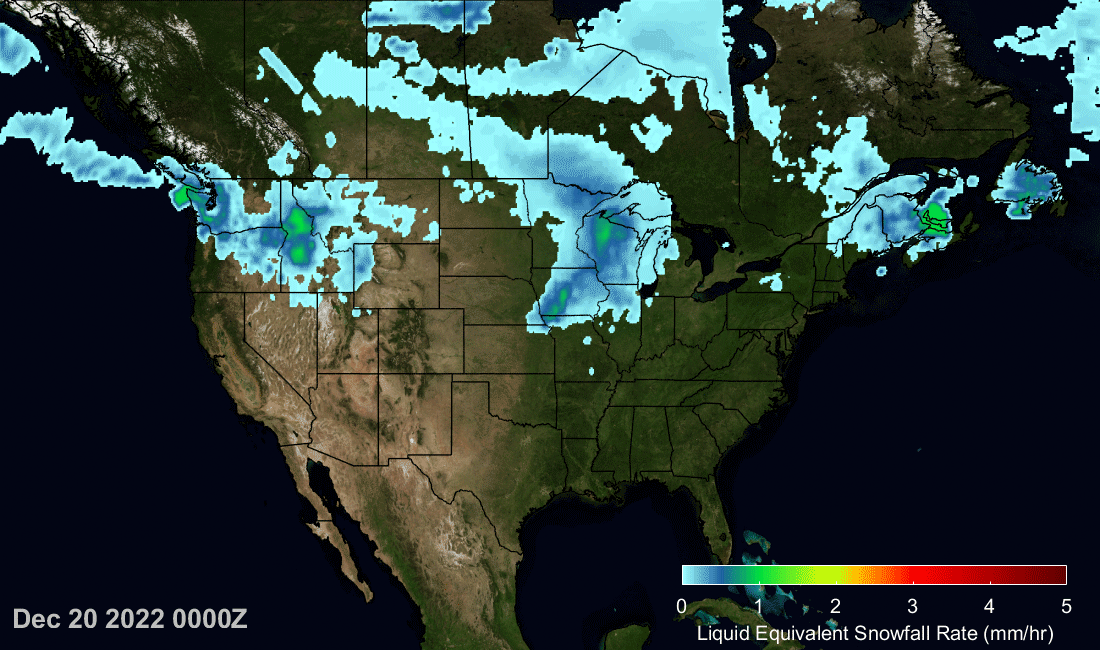
Last week, NOAA NESDIS held a two-day virtual workshop on “Precipitation Estimation from LEO Satellites: Retrieval and Applications”. The workshop was organized by CISESS Consortium Scientist Kuolin Hsu at University of California, Irvine through a task funded by NESDIS’ Joint Polar Satellite System (JPSS) Program Office. The primary goal of the workshop was to determine future satellite observation requirements for global precipitation. The workshop had nearly 100 participants for each of the four sessions that spanned two days.
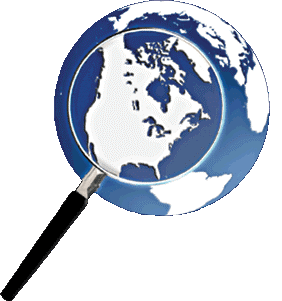
ESSIC/CISESS scientist Daile Zhang attended and presented at the National Climate Assessment (NCA) “Lightning as an Indicator of Climate” Annual Science Meeting that was held on June 6-7 at the UMD Department of Atmospheric and Oceanic Science (AOSC) Atlantic Building. The meeting is an annual working group get-together for people from NASA, University of Arizona, City College of New York, University of Alabama in Huntsville, and University of Maryland on various lightning tasks/projects, including lightning climatology, lightning NOx observations, dry lightning, wildfires, and this year’s NASA Marshall Space Flight Center CubeSpark project.
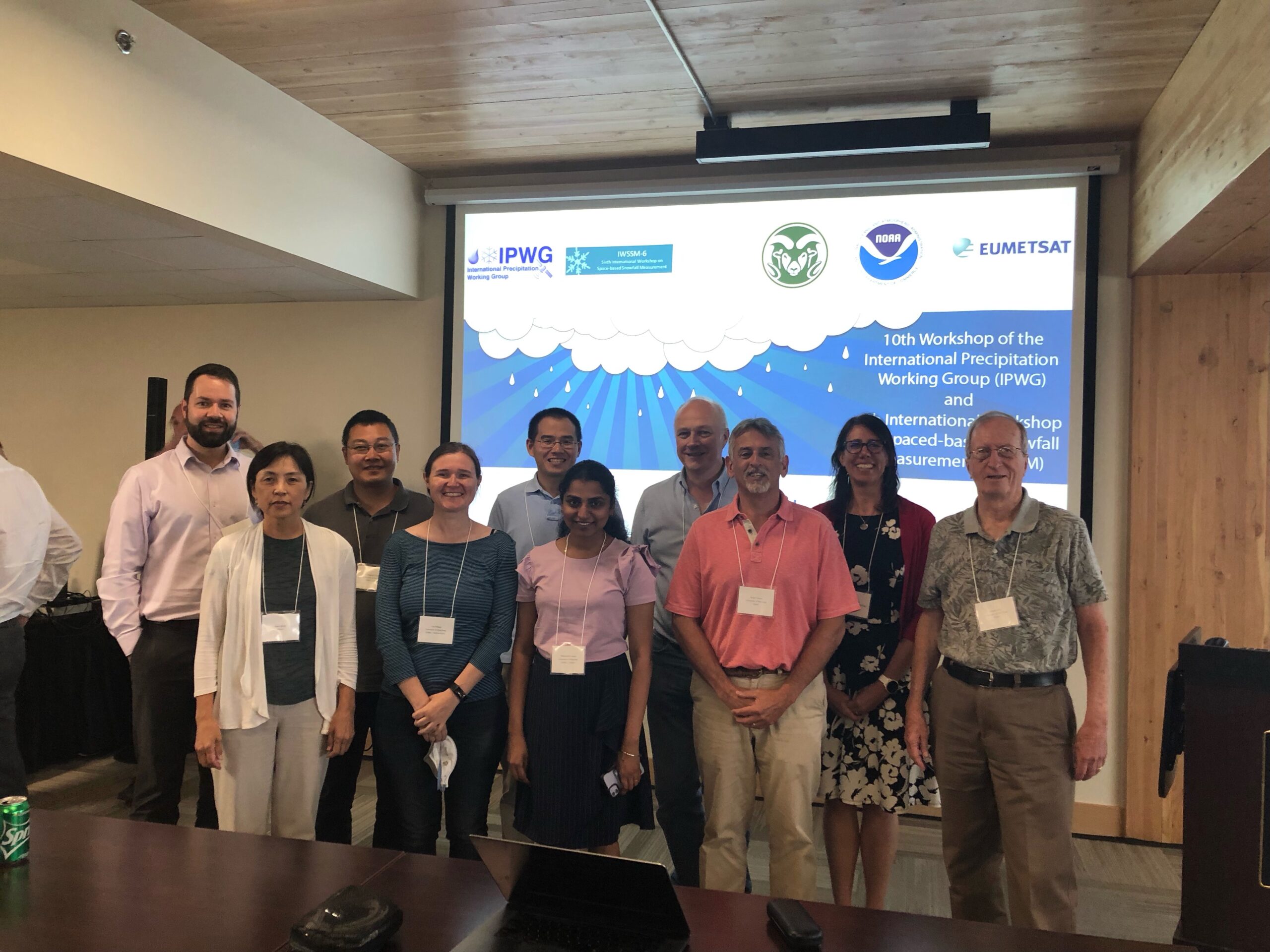
Ten ESSIC scientists participated at the 10th Workshop of the International Precipitation Working Group (IPWG), held in Ft. Collins, Colorado, June 13-17, 2022.
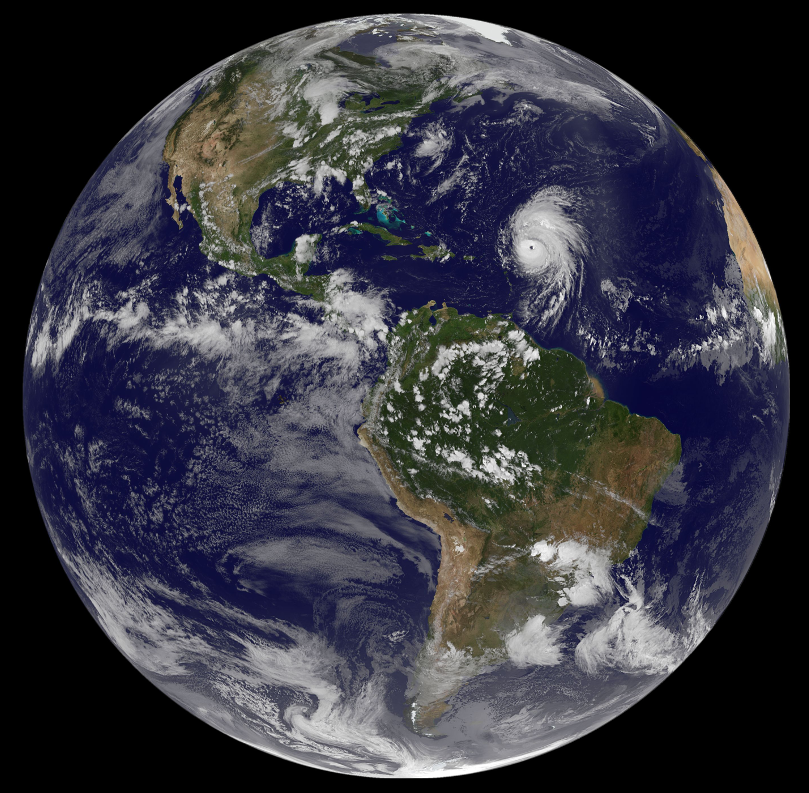
To embrace the rapidly evolving field of AI/ML, ESSIC launches the ESSIC AI Forum and a one-day workshop: “On the Pathway to a Digital Earth”.
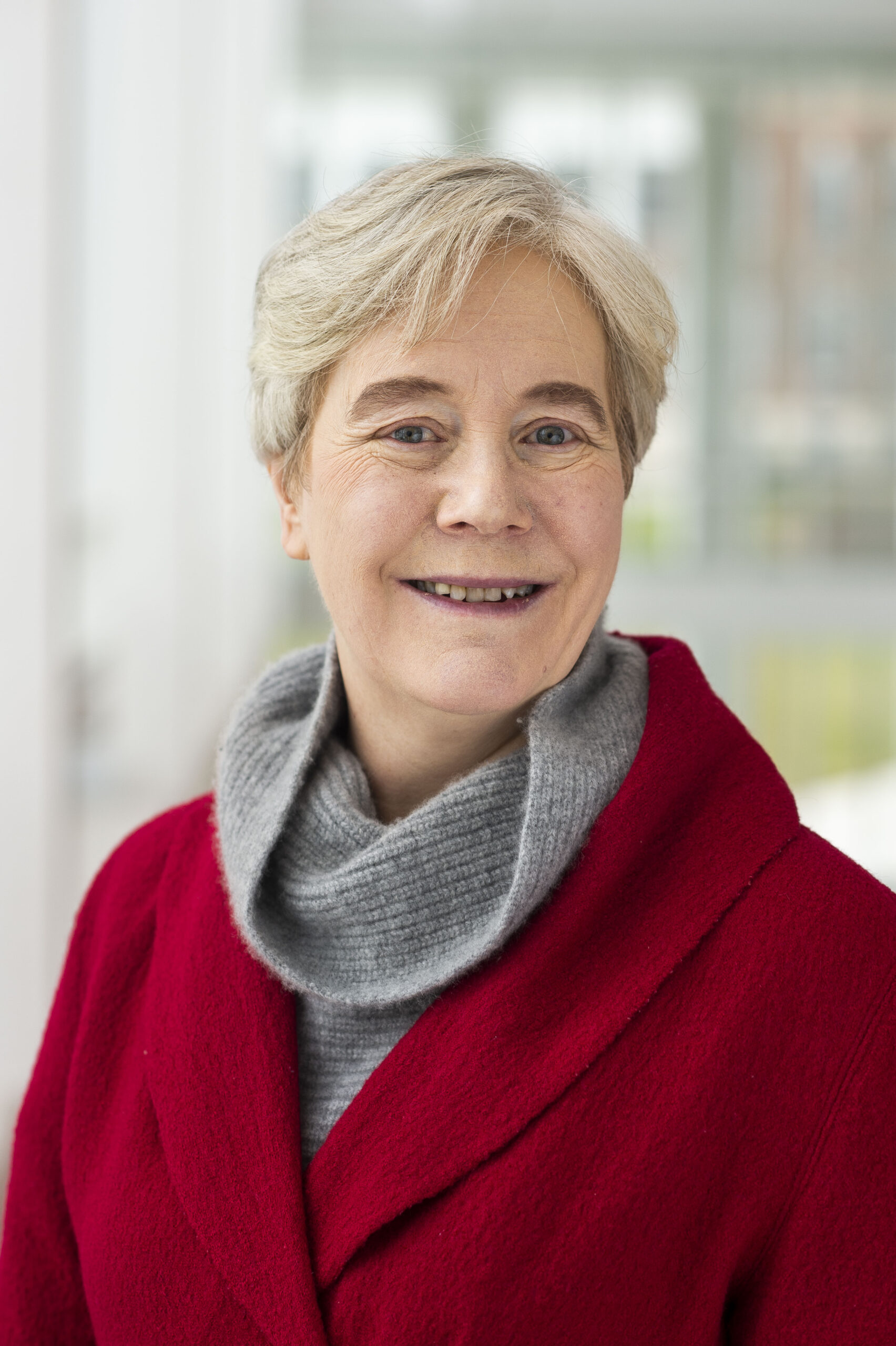
In July, ESSIC and CISESS Director Ellen Williams participated in the National Academies Workshop on Enhancing Federal Clean Energy Innovation, a series supported by The National Academies of Sciences, Engineering, and Medicine to identify strategies for accelerating clean energy innovation across the federal government.